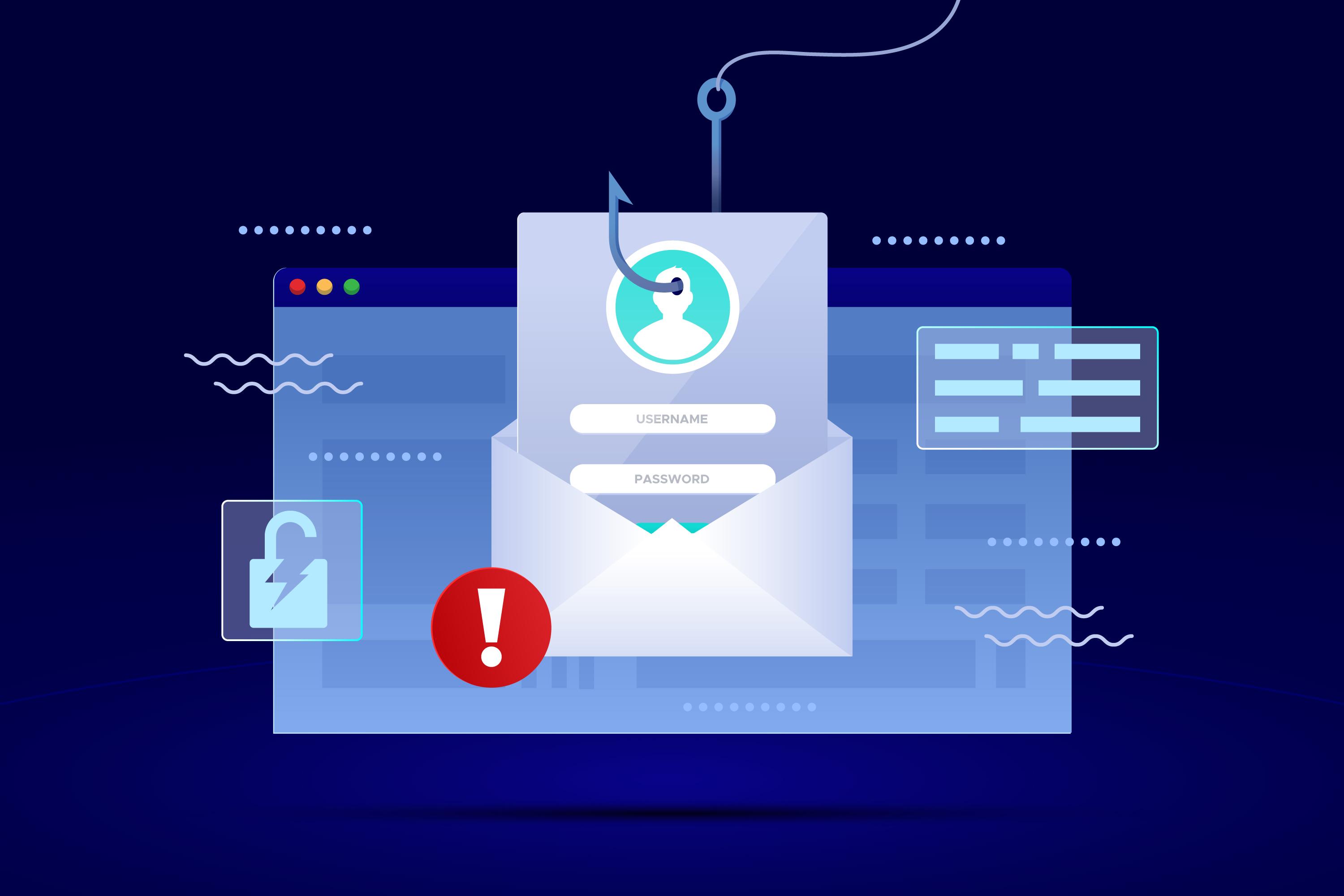
Emails, or electronic mail, revolutionised the communication world. They’ve developed significantly since the first email worldwide; you can attach various media files, documents and sheets. Today, an estimated 361 billion emails are sent daily, a number that’s expected to exceed 392 billion by 2026.
The excessive use of emails raises the question of email privacy laws and how we can protect our private communication from possible risks and challenges. These intriguing questions and elements of email privacy are the epicentre of this article.
What is an Email?
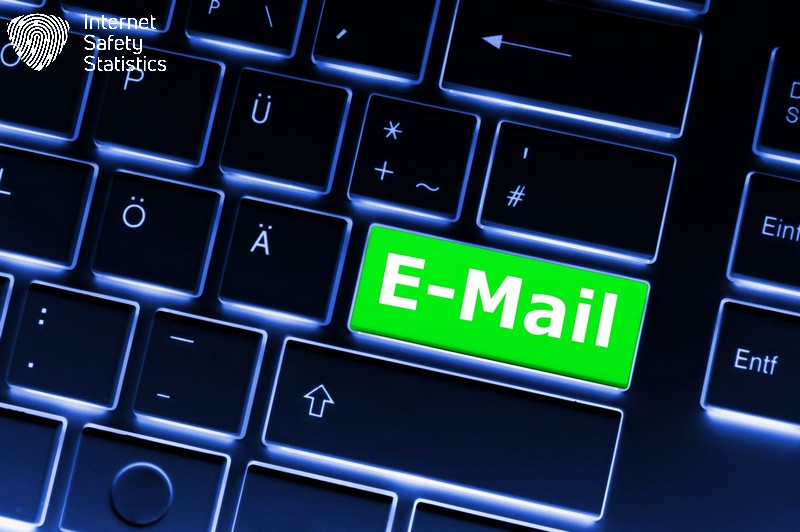
An electronic mail is a digital message sent and received through a network like the Internet. It allows people to communicate asynchronously, meaning you don’t need to be online simultaneously with the recipient to send and receive messages.
What is Email Privacy?
Email privacy is the act of protecting these electronic emails from possible interception, unauthorised access or disclosure. This privacy protects the confidentiality, integrity and availability of your email communications to others.
Confidentiality
Confidentiality, as one of the principles of email privacy, refers to restricting access to your email content solely to authorised individuals who are the intended sender and recipient. This principle also means that unauthorised third parties, such as government agencies, hackers, or email service providers (depending on their policies), cannot access or read your email’s contents without your explicit consent.
Integrity
Email integrity as an email privacy element ensures the origin and content of your messages remain unaltered throughout the communication process. This element safeguards against unauthorised modifications, deletions, or insertions within your emails during transmission, storage or retrieval. Strong security measures are vital to prevent tampering and ensure the information you receive is authentic and hasn’t been tampered with.
Availability
The availability element in email privacy refers to the possibility of accessing your emails when needed. This means you should have consistent and reliable access to your email account and its messages, regardless of external factors like technical outages or deliberate disruptions. Ensuring availability safeguards against unauthorised access attempts that might block you from your emails and protects your right to access your communication history.
By upholding these three core principles, email privacy allows for secure and reliable communication, fostering trust and protecting sensitive information within electronic messages.
Email Privacy Concerns
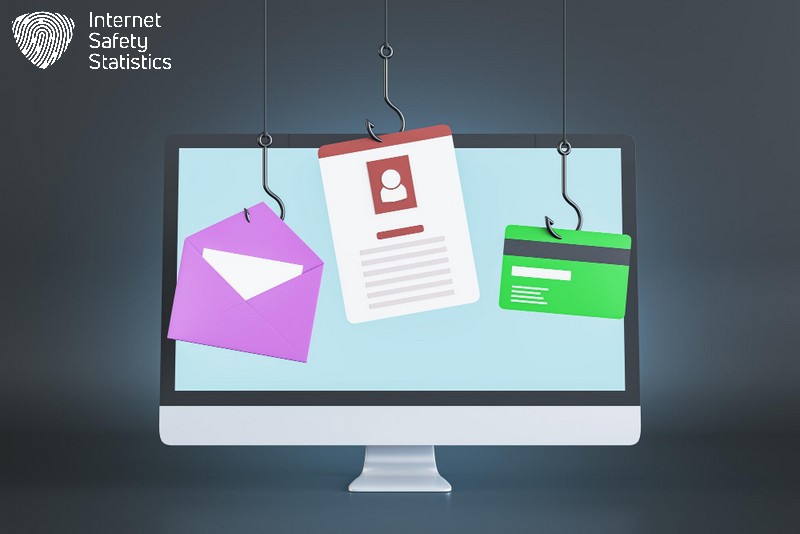
As the cybersecurity world evolves, more threats target emails, particularly modern cyberattack methods. However, cyberattacks are only one aspect; government intervention and surveillance are other alarming concepts threatening email privacy. We sum up email privacy concerns here.
Spam and Phishing
Spam and phishing attempts aim to compromise your email privacy and security in various ways. Spam inundates you with unwanted messages, often containing hidden links or attachments that can lead to one of two results. The first is a malware infection, software designed to steal data, damage your device or disrupt operations. The second is a phishing scam, where deceptive emails trick you into revealing sensitive information like login credentials or financial details.
Data Breaches
As a threat to email privacy, data breaches mean that hackers can exploit vulnerabilities in email servers or user accounts to access and steal large volumes of user data, such as personal information (names and addresses), sensitive content (emails and attachments) and financial details (credit card number or other financial data).
Government Surveillance
Every country’s legal framework determines whether governments have the right to monitor or collect email data, which some consider infringing on email data privacy. These two incidents, monitoring email content, can be for national security or law enforcement purposes and often occur under specific legal procedures and safeguards. Collecting email metadata includes information about emails, such as senders, recipients and timestamps, without necessarily accessing the email’s content.
Email Service Provider (ESP) Access
It’s integral to revise the email privacy policy of email service providers since ESPs, the companies providing your email account, might have access to your emails depending on their policies and terms of service. These companies might have varying access levels to your data, including storing and processing your email content, which is necessary for delivering and storing your messages. They might also utilise anonymised data for analytics or advertising, which is often outlined in their privacy policy with options for users to opt-out and disclose data to third parties in specific circumstances, such as legal requirements or investigations.
Understanding these key threats and their potential impact allows you to make informed decisions about email privacy practices.
What is an Email Privacy Policy?
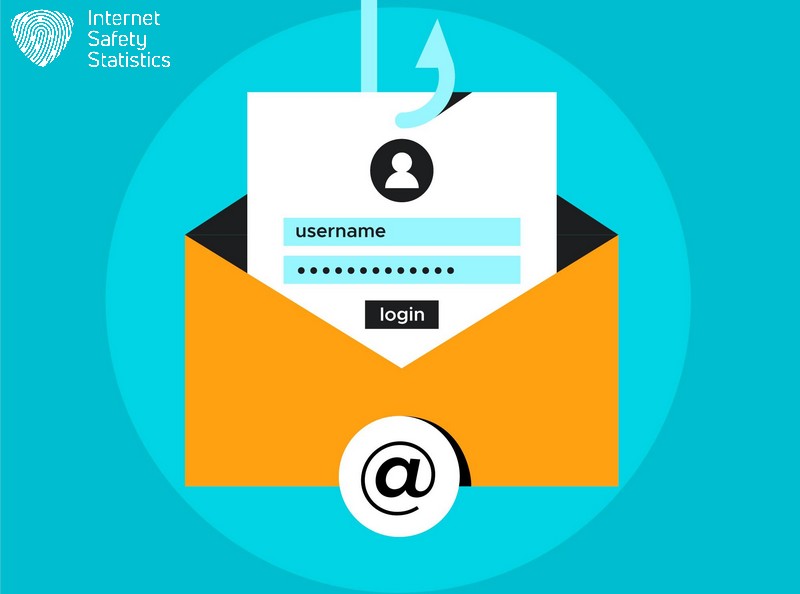
An email privacy policy is a transparent document outlining the data practices and user rights associated with your email service provider (ESP). It is a crucial tool for understanding how your email data is handled, used, and protected. This email privacy policy should comprehensively address the following key aspects:
Data Collection and Storage
This privacy policy specifies the collected data types, including identifying information, email content, attachments, metadata (sender, recipient, timestamps), and usage data (login activity, preferences). This email privacy policy must explain the purpose of data collection clearly and state how each data type aligns with legitimate business needs, such as providing services, improving functionality, or complying with legal requirements.
Furthermore, the privacy policy must detail their data storage practices, such as how long and where your data is stored, including security measures to safeguard it from unauthorised access, loss or misuse.
Data Use and Sharing
A transparent email privacy policy clearly describes how your data is used for service delivery, personalization, analytics or other purposes outlined in the policy. If the ESP shares data with third parties, it must identify them and explain the purpose of this sharing, along with any associated safeguards and user control mechanisms. As an ESP, you must provide clear instructions on how users can opt out of specific data-sharing practices, if applicable.
User Data Rights
ESP’s email privacy policy must enumerate your rights regarding your data, including access, rectification, deletion, portability and objection rights as per relevant data protection laws. The policy must explain procedures for exercising your rights, such as clear instructions on how users can access, modify or delete their data or object to its processing. Additionally, the policy should include timeframes for responding to user requests regarding their data.
Data Security Measures
A transparent email privacy policy details the ESP’s security measures, including encryption protocols, access controls, incident response procedures and regular security audits. The policy must explain the ESP’s policies and procedures for notifying users in case of data breaches or unauthorised access attempts. It must further assure users of the ESP’s commitment to protecting their data and adhering to relevant data protection regulations.
By providing a comprehensive and accessible email privacy policy, ESPs can build trust with users, promote transparency, and encourage them to make informed choices about their data privacy.
How to Keep Emails Secure?
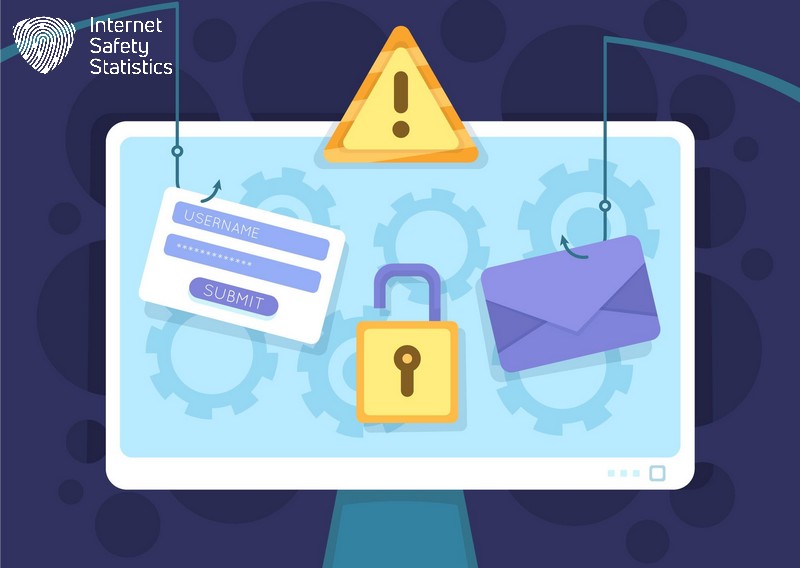
You can enhance your email’s privacy by following several steps. These steps include using strong passwords that are regularly updated and refraining from using the same password for multiple accounts. Enable two-factor authentication for additional security and choose a secure ESP with robust security practices and a transparent email privacy policy. You can use encryption tools to scramble and encrypt sensitive email content before sending it, making it unreadable even if intercepted. Be cautious about attachments and avoid downloading ones from unknown senders or suspicious emails.
Avoid clicking on suspicious links from phishing emails, which are often misleading, and review your privacy settings to control who can see your information and how your data is used. It’s best to avoid sending sensitive information through email unless necessary. Remember, email privacy is an ongoing concern. Staying informed and practising good security habits can significantly reduce the risks and protect your communications.
Key Elements of Email Privacy Laws
There are several universal key principles governing email privacy laws worldwide. These principles are designed to protect user data and empower individuals. We can conclude these as follows:
Consent
The first principle governing email privacy laws is consent, which also has its conditions. Many laws require obtaining individuals’ explicit and demonstrably informed consent before collecting or processing their email data. This requirement ensures that users understand how their data will be used and have the opportunity to make informed choices. Email privacy laws also mandate opt-in mechanisms for data collection, requiring users to consent actively rather than relying on implicit consent through inaction.
Data Minimisation
As one of the principles of email privacy laws, data minimisation stipulates that ESPs must collect only the minimum amount of data necessary to achieve the stated purpose. It prevents excessive data collection and reduces the risk of exposure in case of breaches. Additionally, the data collected must be used solely for the identified purpose outlined in the consent and not for any other unrelated purpose without additional consent.
Data Security
Data security translates to appropriate technical and organisational measures. In other words, the ESP must implement robust security measures to protect email data from unauthorised access, alteration, disclosure or destruction. These measures may include encryption, access controls, incident response plans and regular security audits.
Data Breach Notification
Many email privacy laws require organisations to notify impacted individuals promptly in the case of a data breach, allowing them to take necessary steps to protect themselves.
All email privacy laws must stipulate that individuals have the right to access and correct their data, ensuring its accuracy and preventing the use of inaccurate information. In some jurisdictions, individuals can request the deletion of their data or its portability to another service provider. They may also have the right to process their data for specific purposes, such as targeted marketing or profiling.
These principles form the foundation of email privacy laws, aiming to balance legitimate business needs and individual privacy rights. Understanding them is crucial for businesses operating in the digital age, ensuring compliance with legal requirements and building trust with their users.
Email Privacy Laws: Challenges and Considerations
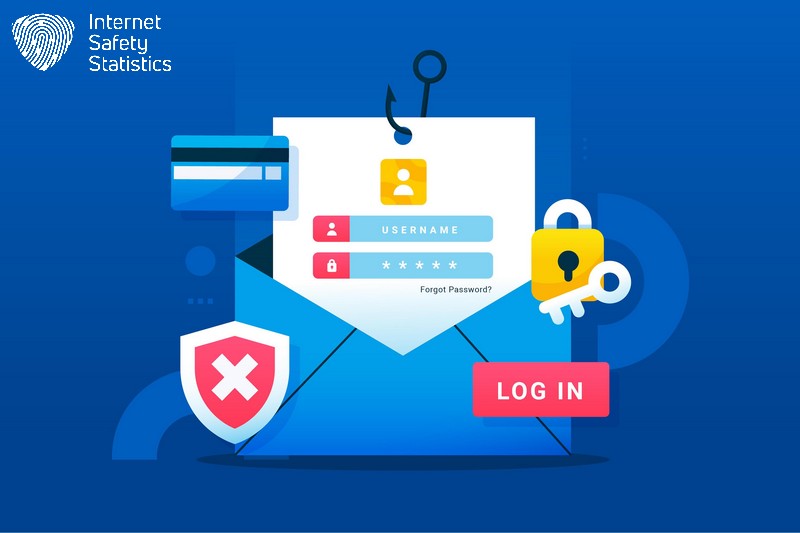
The landscape of email privacy laws is challenging, particularly for businesses operating globally. Here’s a breakdown of some key concerns:
Fragmentation and Inconsistency
Countries have implemented diverse data protection laws, often with unique requirements and definitions. These differences create a complex international legal environment for businesses, requiring them to comply with a patchwork of regulations. Additionally, these differences will result in different email privacy law interpretations across jurisdictions. This inconsistency can lead to uncertainty for businesses and uneven user protection depending on location.
Scope and Applicability
Some countries have specific laws governing email privacy, while others have broader data protection laws encompassing email and other data types. Such differences can create confusion for businesses that are unsure which laws apply to their specific activities and data-handling practices. When transferring email data across borders, businesses must navigate complex legal frameworks and ensure compliance with relevant data protection regulations in the sending and receiving countries.
Balancing User Rights and Business Interests
Data protection laws typically grant individuals rights over personal data, such as access, rectification and deletion. Balancing user rights with business interests for data collection, storage, and analysis can be challenging. Furthermore, businesses must be transparent about their data practices and accountable to users regarding their data rights. This transparency requires implementing effective data governance processes and responding to user enquiries promptly and effectively.
Technological Advancements and Emerging Risks
New technological advances like cloud computing and artificial intelligence pose additional challenges to email privacy laws. Businesses must adapt their data protection practices to address the evolving risks associated with these technologies. Data breaches and other cybersecurity threats remain a significant concern for email privacy. So, businesses must implement robust security measures to protect user data.
How Can Businesses Address Email Privacy Laws Challenges?
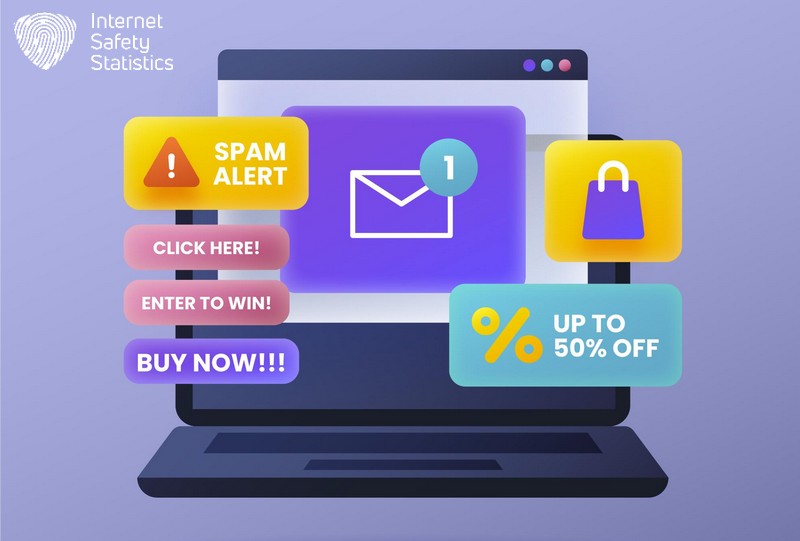
Handling these growing challenges requires a multifaceted approach. Businesses should regularly monitor changes in data protection laws and regulations, consult with legal professionals specialising in data privacy to ensure compliance and establish clear policies, procedures and controls for data collection, storage and use.
Businesses can aim to provide clear and accessible information about data practices and respect user rights. These steps will help businesses navigate the evolving landscape of email privacy laws and contribute to a safer and more trustworthy online environment.
Examples of Email Privacy Laws Worldwide
The landscape of email privacy laws is complex and constantly evolving, with significant variations across the globe. There are 137 countries worldwide that have implemented data protection and privacy legislation, impacting email privacy to some extent. Major examples of these laws include the GDPR (General Data Protection Regulation) applicable across the EU, CPRA (California Privacy Rights Act and PIPL (Personal Information Protection Law) in China.
Businesses and ESPs must ensure the security of user data and aspire to reach compliance with applicable email privacy laws.
